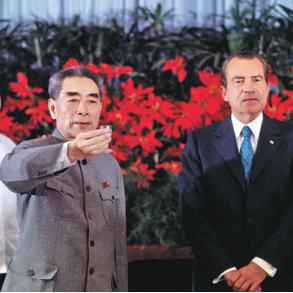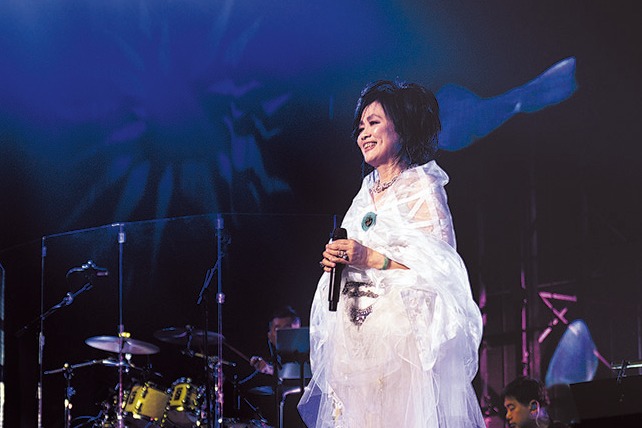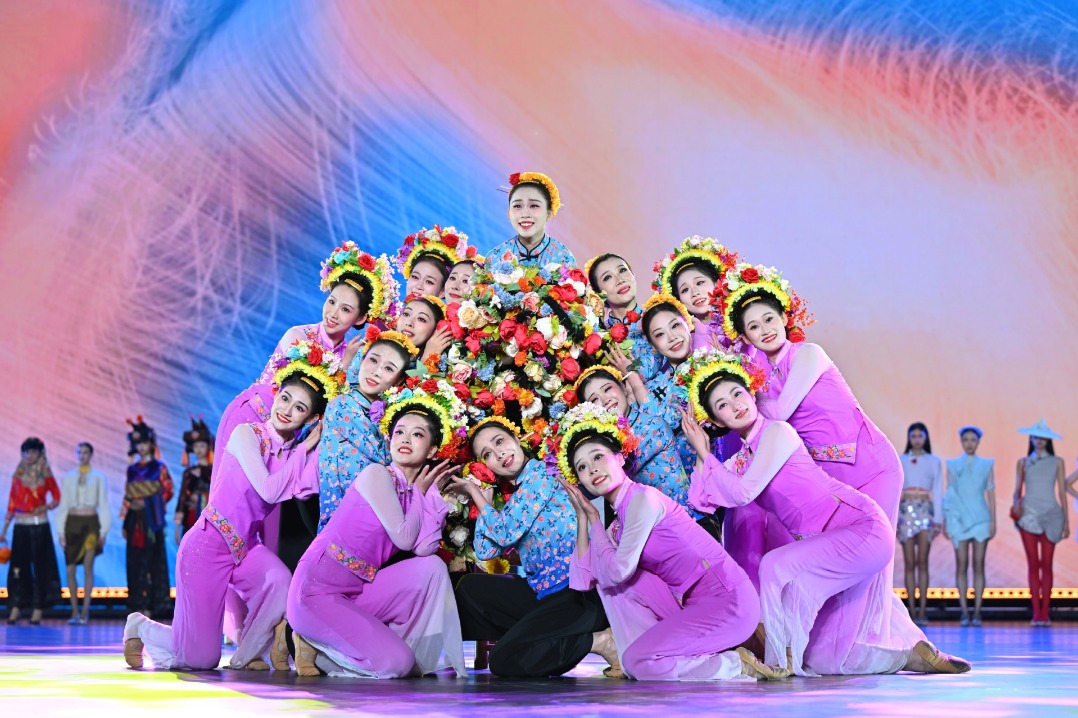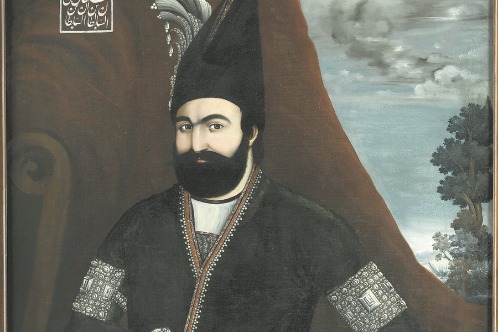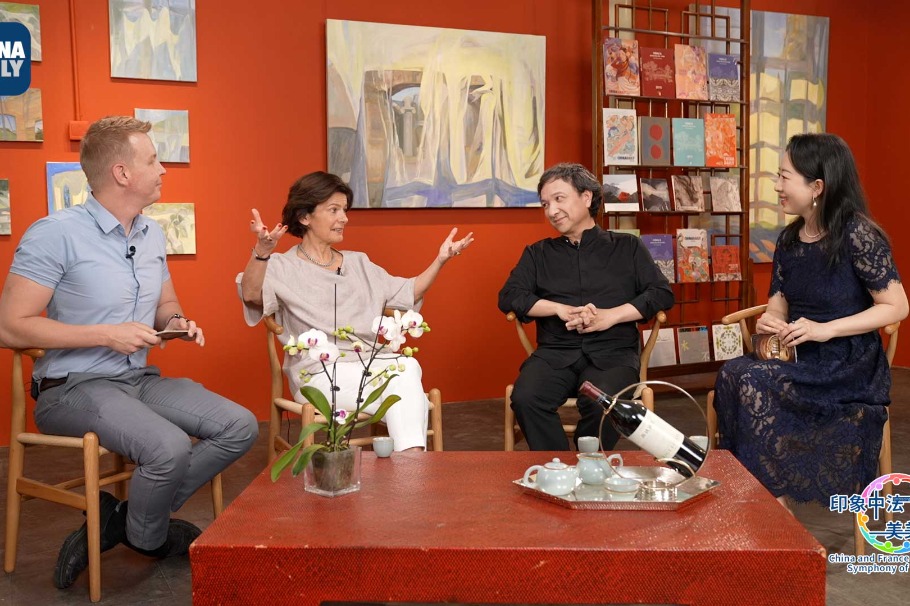How plowshare diplomacy won the day

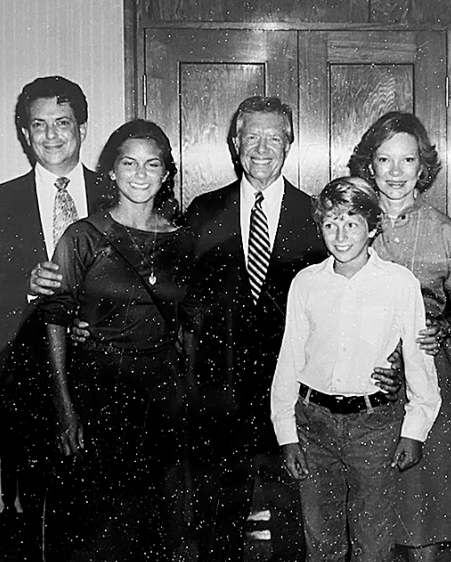 In August 1981 at the US ambassador's residence in Beijing. From left to right: Chas Freeman, daughter Carla Freeman, president Jimmy Carter, Chas Freeman's younger son Nathaniel Freeman and Rosalynn Carter. CHINA DAILY
In August 1981 at the US ambassador's residence in Beijing. From left to right: Chas Freeman, daughter Carla Freeman, president Jimmy Carter, Chas Freeman's younger son Nathaniel Freeman and Rosalynn Carter. CHINA DAILY
Asked what lay behind the success of Nixon's trip to China Freeman answered "good preparation", "efforts from both sides to turn public opinion around" and "a strategic idea at the right time".
"When either Nixon or Mao saw a strategic opportunity for his country, each proved able to set aside both prejudice and the conventional wisdom to seize it," Freeman said during a speech in 2019 at the Woodrow Wilson Center titled "Nixon's China Legacy and its Contemporary Reversal".
"In 1972 the United States and China set aside ideological differences to pursue some common interests," he said. "The United States now sees such differences as impediments to cooperation with China even on obvious common interests."
On July 23 last year, Mike Pompeo, secretary of state in the administration of Donald Trump, delivered an incendiary speech at the Richard Nixon Presidential Library and Museum in Yorba Linda, California. Declaring American engagement with China since Nixon "a failure", Pompeo "completed the trashing of the 'one-China' stipulation by declaring-inaccurately-that 'Taiwan has not been part of China'", Freeman said.
Freeman clearly saw it coming."Over the nearly 50 years since the Nixon administration first embraced the notion of 'one-China', it served as the essential underpinning of Sino-American peace and the absence of armed conflict in the Taiwan Straits," Freeman said in December. "But it was constantly chipped away at by opponents of Sino-American normalization ...anti-Communists, and-more recently-advocates of great power rivalry and confrontation with China."
On April 8 the 280-page draft Strategic Competition Act of 2021 was introduced by the US Senate foreign relations committee. The bill, a bipartisan agreement on new comprehensive China legislation, seeks to mandate diplomatic and security initiatives to counteract Beijing. It describes sanctions as "a powerful tool" for the US and stresses the need to "prioritize the military investments necessary to achieve United States political objectives in the Indo-Pacific".


